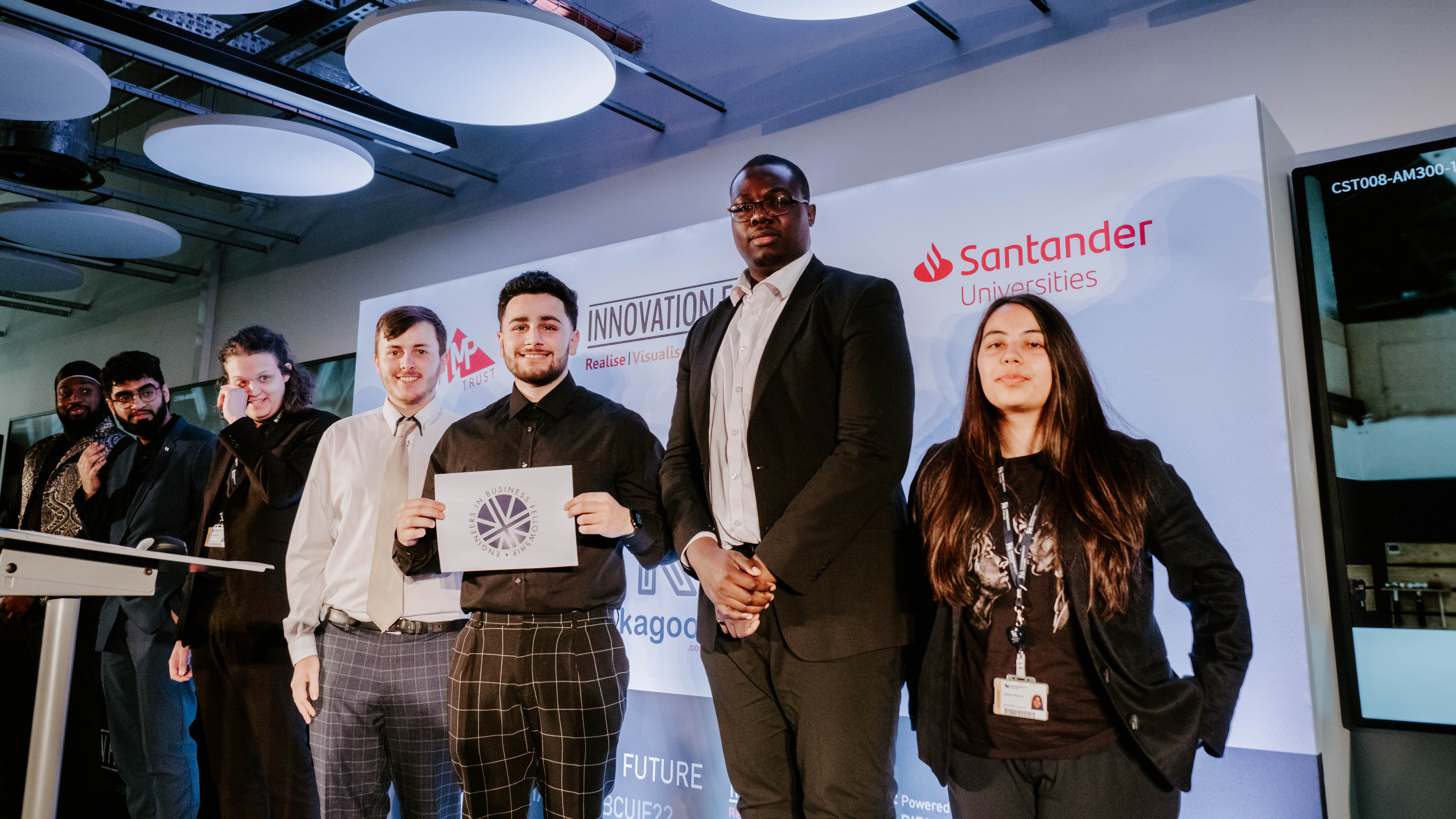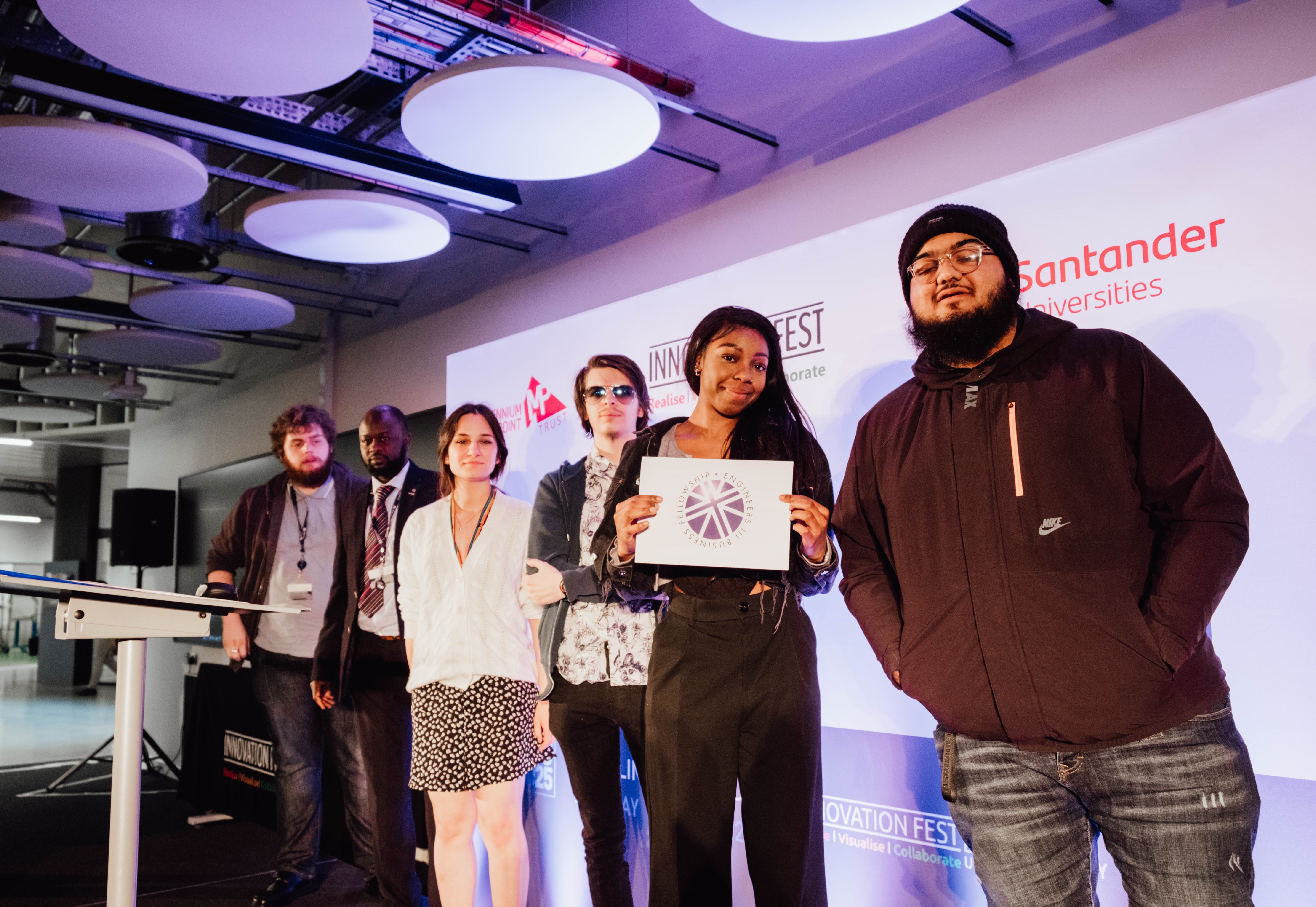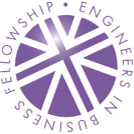Innovation Fest – Leading Engineering Endeavours Project – 2022
Back to Competitions | The Leading Engineering Endeavours Project is undertaken by second-year engineering students at Birmingham City University (BCU). Students work in interdisciplinary teams drawn from mechanical, automotive, electronic, and manufacturing disciplines. The teams were set a challenge by the Environment Agency to design and prototype a low-cost anemometer. The context was to provide a means of measuring air pollution dispersion in urban environments by using a network of anemometers. Great emphasis was placed on the contextual issues surrounding air pollution, and students were tasked with undertaking a detailed PESTEL analysis. In addition, they were asked to provide feasibility studies and a business case to justify their final choice of design. The rationale of the project is to make BCU engineering students think beyond the boundaries sometimes imposed by conventional teaching methods, and to take account of wider social, environmental and commercial considerations. The course team believes that this makes for better engineers with more employability skills. The teams were tasked with producing a marketing brochure, a video pitch and a prototype. These were presented at Innovation Fest which is an annual showcase for engineering and technology students, held at BCU and attended by academics, representatives of industry and potential employers. |


First Prize Winner: EnviroGlide Systems
The EnviroGlide Systems team comprises (far left) Harry James, Toqeer Sajid (second in line up) and Samuel Wootton (third in line up) a £1,200 Engineers in Business Prize.
EnviroGlide Systems came up with a novel solution that utilised a number of independent force sensors to calculate wind velocity. The team produced an entertaining and informative video pitch and presented a compelling case at Innovation Fest. The course team was very impressed by the commitment shown by this team, especially in the weeks running up to Innovation Fest when they spent hours in the workshop developing a working prototype. The client (Environment Agency) was very excited about the potential shown by the team’s design.
Photo: Samuel, Harry and Toqueer are pictured with other winners at Innovation Fest, left to right are Harry James; Toqeer Sajid; Samuel Wooton; Joseph Pearce; Mohammad Rathore; Stephen Ebeneezer; and Isabella Warman.
Second Prize Winner: Avatar Air
Avatar Air team comprises Joseph Pearce, Stephen Ebeneezer, Mohammad Rathore and Isabella Warman – £1,000 Engineers in Business Prize.
Avatar Air’s solution utilised three orthogonal tubes each containing a sensitive impeller feeding rotational data back to a Raspberry Pi computer. The team produced a detailed marketing brochure and the course team was particularly impressed by the level of design detail provided. Avatar Air also developed a working prototype using 3D printing technology to ‘manufacture’ the moving parts. They were able to demonstrate their solution working in real-time which was very impressive and exceeded the course team’s expectations. Their video pitch and presentation at Innovation Fest were excellent, and they came very close to taking the top spot.
Photo: Avatar Air makes its pitch to the judges – left to right are Joseph Pearce; Mohammad Rathore; Isabella Warman and Stephen Ebeneezer.

Joint Runners-up: Huraya and Respire
Two teams were awarded runner-up prizes: The Huraya team comprises Matthew Speirs, Abdikarim Haji-Hussein, Aaliyaan Malik, Digvijay Singh and Daniella Blackwood and the Respire team comprises Alessandra Balance, Maia Baisahadova, Muhammad Khilji, Abdulrahman Younis and Conor Thornton – £400 Engineers in Business Prize for each team.
These two teams also produced work of a very high standard. They fully engaged with the development process throughout and delivered cutting-edge solutions that impressed the judges. Huraya’s solution used a hot wire technique, measuring tiny differences in resistance caused by the effects of wind, and using this to calculate velocity. Respire opted for a solution involving the time of travel of ultrasonic pulses in 3 dimensions. Both of these teams came very close to taking one of the top prizes and the course team believes they are worthy runners-up.
Positive feedback
The students really bought into the idea of the project. The design brief was provided by the Environment Agency, and the prizes offered by the Engineers in Business Fellowship helped to incentivise them even further. I think it made them think about engineering solutions in a much more contextual and commercial way. The top performing groups produced outstanding work that exceeded our expectations.
Roger Wall
Senior Lecturer
Birmingham City University
